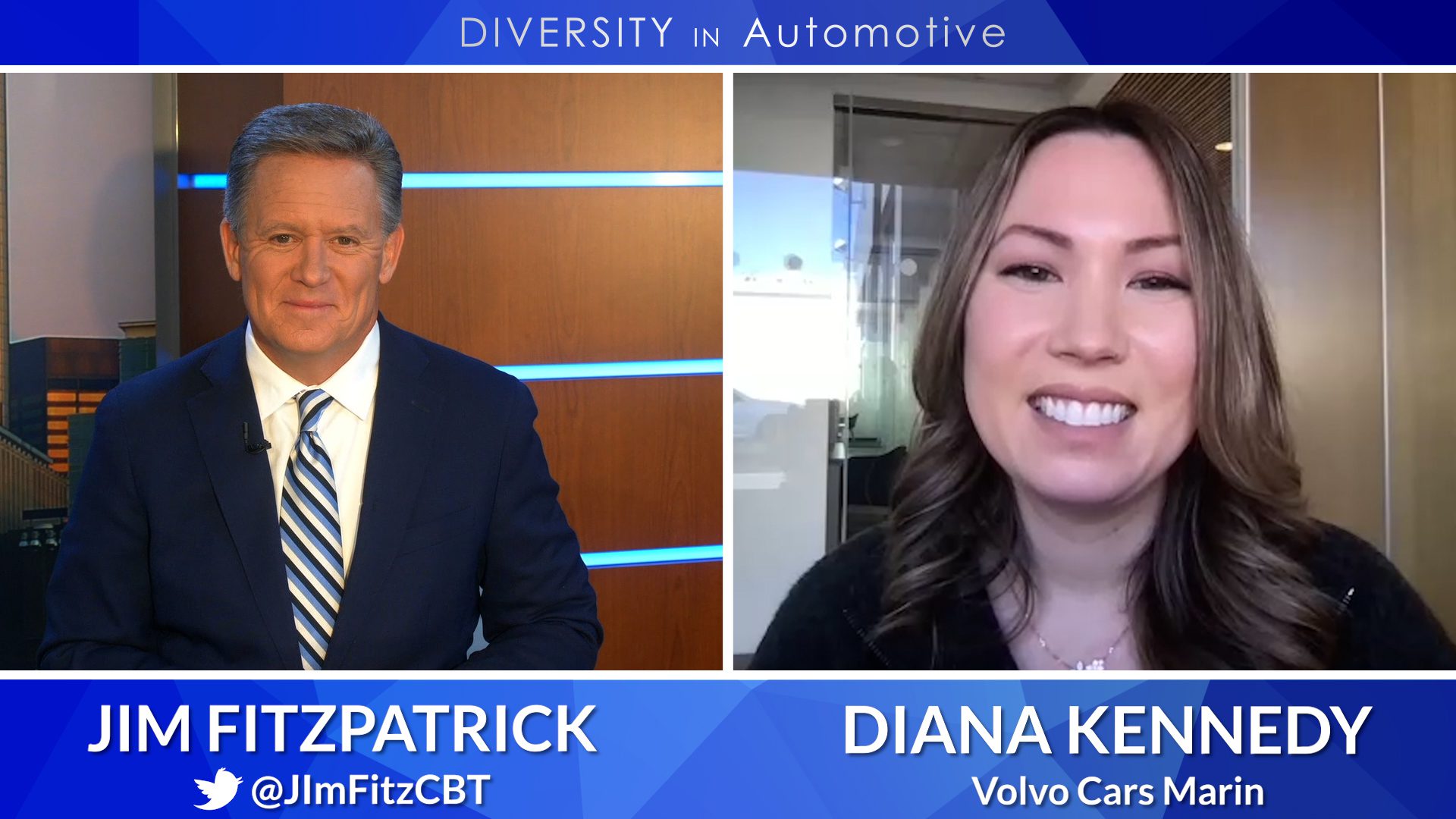We frequently ponder what we can do about the frequent exclusion, hostility, or mistreatment of women in the retail automobile industry. As we’ve previously reported, the Price Simms Women’s Circle was founded by three women from the Price Family Dealerships after they saw the value of discussion and mentoring. On today’s Inside Automotive, we will receive an update on the 14 stores owned by the Group. Joining us is Savannah Simms, general manager of Volvo Cars Palo Alto, and Diana Kennedy, general manager of Volvo Cars Marin.
Price Family Dealerships currently has a 22% male to female ratio. Kennedy’s personal objective is to soon achieve 30%. She points out that the Women’s Circle’s primary mission is to boost that figure to advance that objective forward. In the end, it’s about women helping women. Simms points out that the ratio is less significant than the number of males taking part in the conversations.
According to Simms, the focus of these discussions is how you can take that information back to the dealerships. By having these male leaders allies, Kennedy notes, “they can raise awareness of how women feel.” For example, at the dinner table Simms says her dad will ask questions and by sharing her own experience, it better equips him to aid women in dealerships and help the organization grow.
The Women’s Circle
The Price Simms Women’s Circle provides women with the opportunity to gain leadership skills and network with senior executives. A robust workforce of female leaders is the key focus it’s dedicated to expanding. Whereas, Kennedy’s main concern about attracting more women into the industry is “our culture in general.” She adds, “our culture needs to change in order for women to one, feel the industry is an attractive place to work and two, stick around.”
"It's time to make the culture more inviting"- Diana Kennedy
Kennedy adds, “the days of the boys club are over, and yes we may be doing a better job at recruiting women. But we’re not making the effort for them to want to stick.” It’s time to have open conversations and education available so that women can realize they are capable of holding more positions other than just administrative ones.
The Women’s Circle, as Kennedy points out, is aiming to break down the industry. This negates the idea that management and allies should control the environment to support women’s dealer development. Implying that individuals are in charge of setting flexible schedules to enable success rather than burnout.
Nevertheless, Kennedy thinks that the Women’s Circle’s initiatives, like leadership training, are moving in the right direction despite the fears of most women about having to choose between starting a family and pursuing a profession.



